 The second time around, I feel even more respect for this 2002 flick, Far From Heaven, starring Julianne Moore as Cathy Whitaker, and Dennis Quaid as her husband, Frank. Both turn in remarkably sensitive performances, each Oscar worthy, as are a host of elements attached to this rare cinematic achievement.
The second time around, I feel even more respect for this 2002 flick, Far From Heaven, starring Julianne Moore as Cathy Whitaker, and Dennis Quaid as her husband, Frank. Both turn in remarkably sensitive performances, each Oscar worthy, as are a host of elements attached to this rare cinematic achievement.What is marriage -- as much deception as truth? In the 1950s, countless wives suffered, mostly in silence, the strange indifference of husbands who were closeted homosexuals, largely trapped in a society that would not allow them the freedom to be who they were. These men frequented subordinate gay bars, subject to raids, themselves risking social and career suicide.
Frank Whitaker's early homosexuality resurfaces into his marriage. The wife, of course, is thunderstruck, but supportive. And despite the honest counsel of a psychiatrist advising Whitaker that his chances to change his nature are very slim, Whitaker resolves to "cure" himself, and he doesn't.
In the meantime, stranded in the shadows of her husband's alienating ambivalence, and his failure to reignite true sexual intimacy (he nearly breaks down on one occasion, resorts to spousal abuse at other points), Cathy, the doting housewife, breaks stereotype by revealing a courageous liberal streak. She forms a promising friendship with their African American gardener, Raymond Deagen, played with impeccable restraint by Dennis Haysbert. This meeting of two lost and alienated souls gives rise to an implicit sexual dimension. And, step by step, Cathy Whitaker reaches deeper into the local African American community. To the film's credit, director-writer Todd Haynes generally avoids cliches; here, too, there is bigotry from African Americans against the mere sight of a black man dancing with a white woman. All hell breaks loose on both sides of the racial divide.
I won't say where it goes -- it's worth your watching. What makes the journey particularly memorable, and why I appreciate this film even more, is the rich score by Elmer Bernstein, a soft lyrical symphony which follows the story, frame by frame, with pensive fidelity. So, too, is the lush, finely framed cinematography of Edward Lachman
The ending is neither maudlin nor triumphal. It is, at best, poignantly hopeful, which adds so much to the film's intellectual integrity.
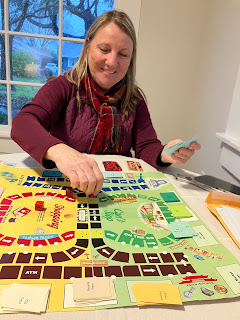

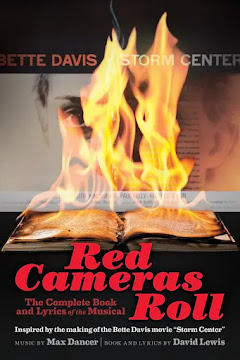

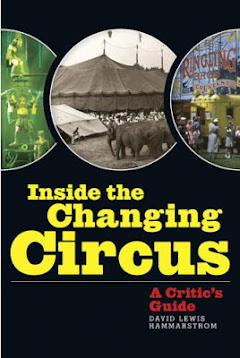

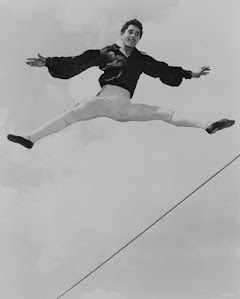
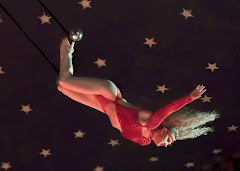



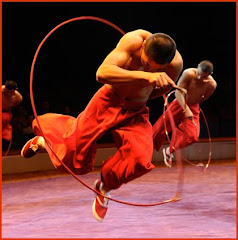
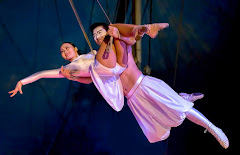

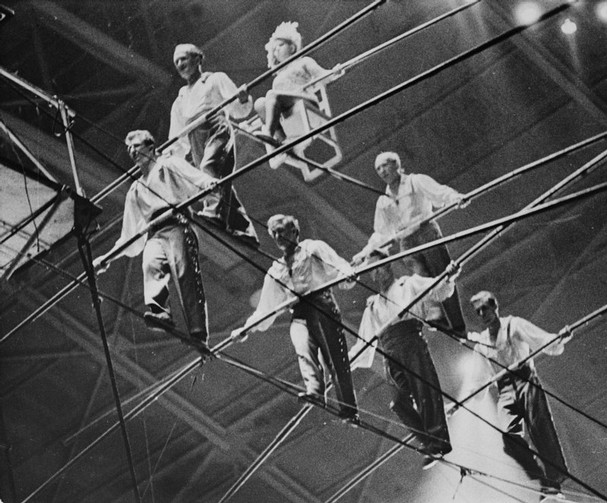

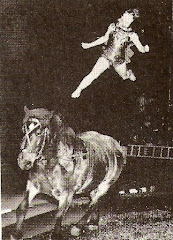
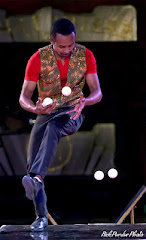
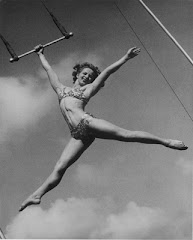


No comments:
Post a Comment